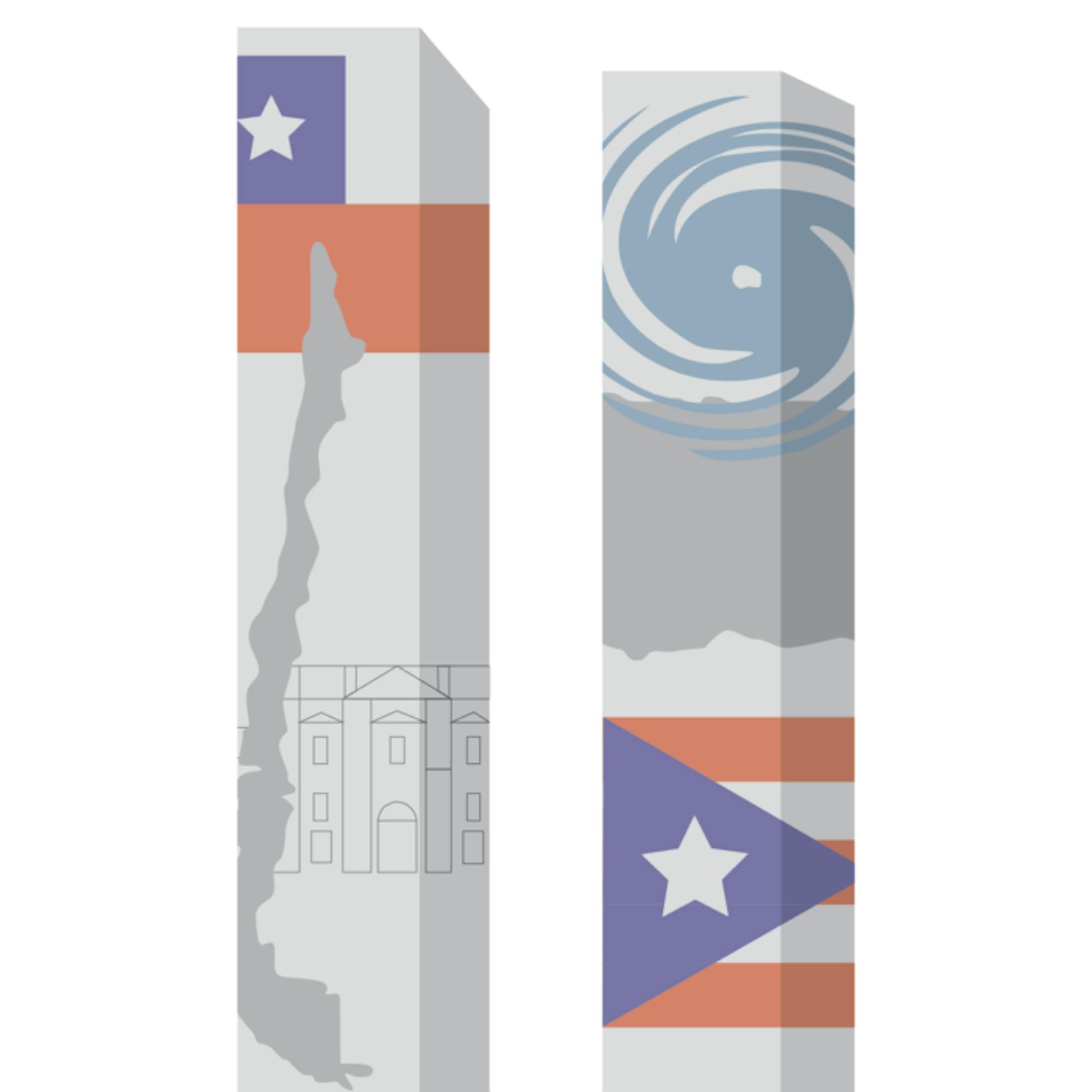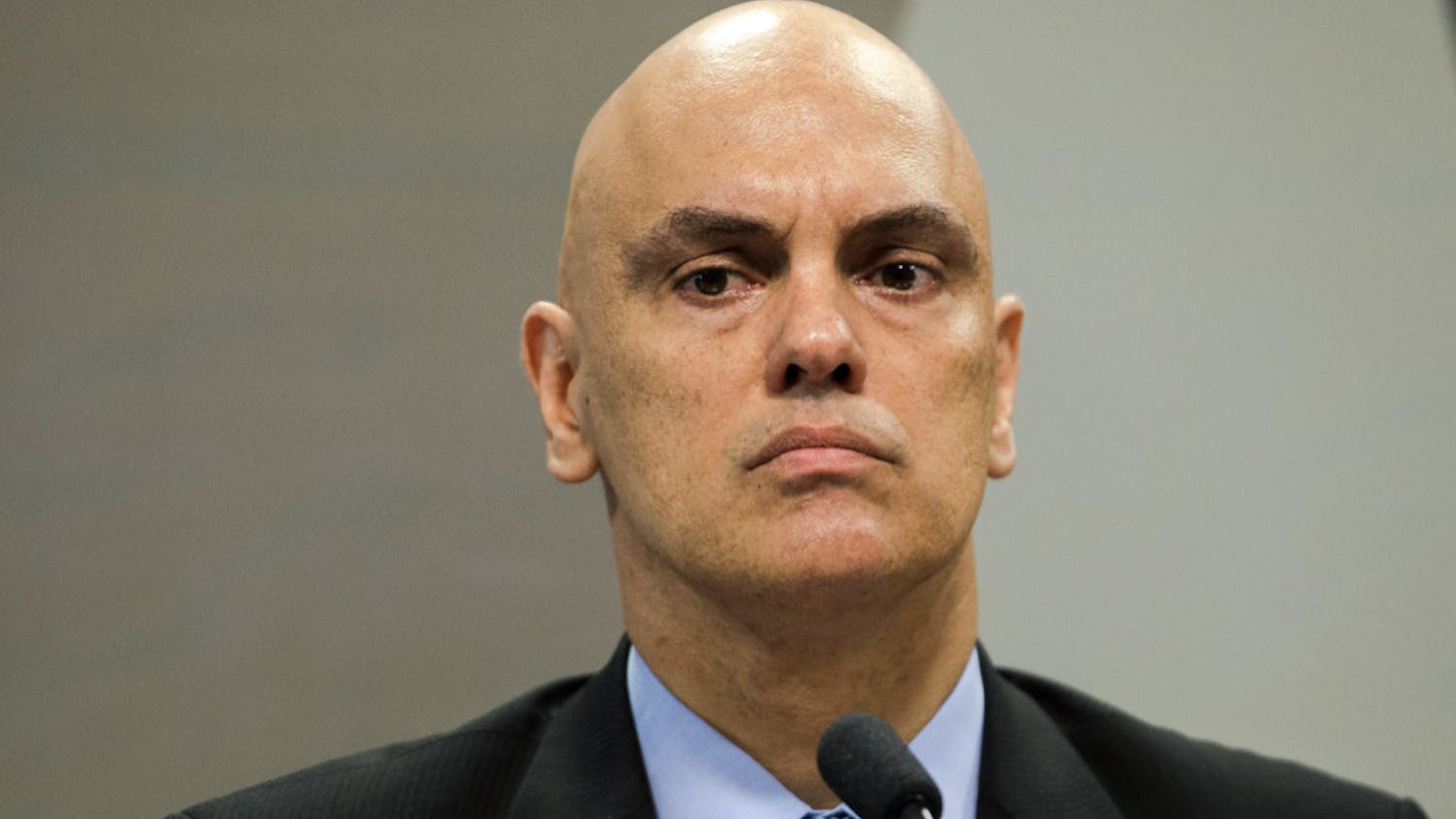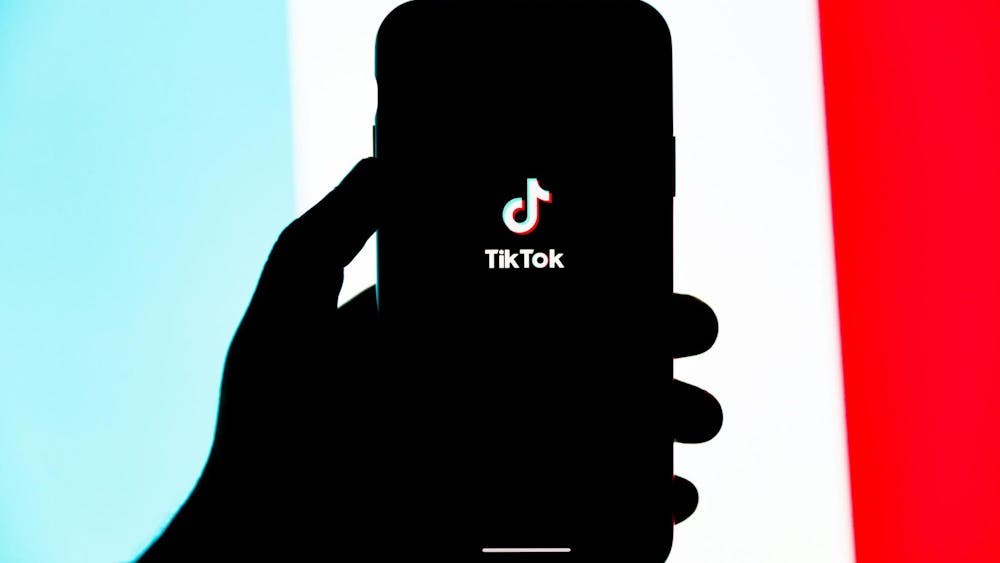
9/11 was a tragedy. Many lost their lives and many more suffered indirectly through the loss of loved ones and the psychological stress caused by the event. Surely it is an event worth discussing, being the first attack on U.S. soil since Pearl Harbor, but 20 years later, why does it still hold so much attention? Consider all the other American lives that have been lost since 2001. Hurricane Maria killed almost the exact same amount of people as the events of 9/11, in Puerto Rico alone and four years later, the territory is still waiting on federal aid. For having caused the same amount of death, the reaction — both by the government and the media — has hardly been the same.
None of this is to downplay the tragic events of 9/11, but rather to ask why 9/11 in particular is given so much attention. I would argue that the reason 9/11 is given so much attention, even 20 years later, is the reason that anything is given attention by the media and government — it serves someone’s interests. This statement is probably a lot less controversial in a day where accusations of “fake news” are frequent, but I want to differentiate my argument from this discourse. The fundamental assumption of “fake news” accusations today is that news would be reliable if it could just impartially report the facts, without sensationalizing, misleading or taking partisan positions. What I argue is that this is not enough — even if news outlets simply report the facts as they are, they still will express bias by what stories they do and don’t highlight. And what they do and don’t decide to highlight has everything to do with financial incentives.
An in-depth analysis of the structure of media organizations and their financial incentives could fill multiple books, and I will not pretend to have fully examined it here. For those interested in reading more, I would recommend “Manufacturing Consent” by Edward Herman and Noam Chomsky. Instead, I will only examine a few aspects of the media and a few examples to illustrate my point. First, the media is a business, meaning they’re trying to sell something. In general, we are the product being sold, so stories that can keep our interest and that appeal to advertisers will be featured the most heavily. Media organizations also have the issue of sourcing. It is expensive to have reporters present in every location, so relying on official government sources, which are free, makes financial sense. Of course, this logically leads to narratives that are in line with the official government positions — this is especially important in the context of war, where investigative journalism becomes increasingly difficult. In fact, this has led to issues in the past with the government lying — and the media repeating those lies — about the war in Afghanistan. After all, it’s a lot easier to print stories of American heroism than the facts of our disastrous foreign wars. Additionally, and perhaps most importantly, news outlets have owners. Today, 90% of the media is controlled by only 6 corporations. Combine that with the recent acquisition of the Washington Post by Jeff Bezos, and there is a clear incentive for news organizations to present narratives beneficial to their wealthy owners.
Our obsession with 9/11 makes more sense in the light of these facts — the nationalistic fervor and support for foreign wars that repeated portrayals and discussions of 9/11 creates is to the clear benefit of a certain group of people. The military-industrial complex that President Eisenhower warned of in his farewell address had clear incentives to encourage the invasions of Afghanistan and Iraq. The media had no problem seizing on what was probably the easier reporting they’ve ever done when covering 9/11, uncritically generating support for the subsequent invasions of the Middle East. To further illustrate the point, consider the other 9/11 — Chile’s 9/11. On September 11, 1973, Chile’s democratically elected socialist government under Salvador Allende was overthrown by a U.S.-backed military coup. The major event of the coup was the bombing of the presidential palace and eventual death of Allende. Why does the media not discuss the Chilean 9/11? Surely the American public deserves to know what their government is doing, especially when it is undermining democracy.
One could imagine what might happen if the media — which is responsible for much of what we believe is true about the world — were to direct their focus to issues more relevant to the average citizen. If more stories like the story of Chile’s 9/11 were talked about, then we might be more skeptical about our government. If more attention was given to the recovery in Puerto Rico after Hurricane Maria, we might be more likely to demand an effective government response. If economic reporting wasn’t biased towards the concerns of richer citizens, we might demand better economic policy. Although events like 9/11 are worthy of our attention, we ought to consider what else it is that we aren’t talking about — and who stands to benefit.
David Henry is a sophomore majoring in the Program of Liberal Studies with a supplementary major in ACMS and a minor in philosophy, politics and economics. Originally from Minnesota, David lives in Baumer Hall on campus. He can be reached at dhenry3@nd.edu over email.
Editor's Note: This piece originally stated that Jeff Bezos acquired the Wall Street Journal. It has been updated to correctly reflect that he actually acquired the Washington Post.













